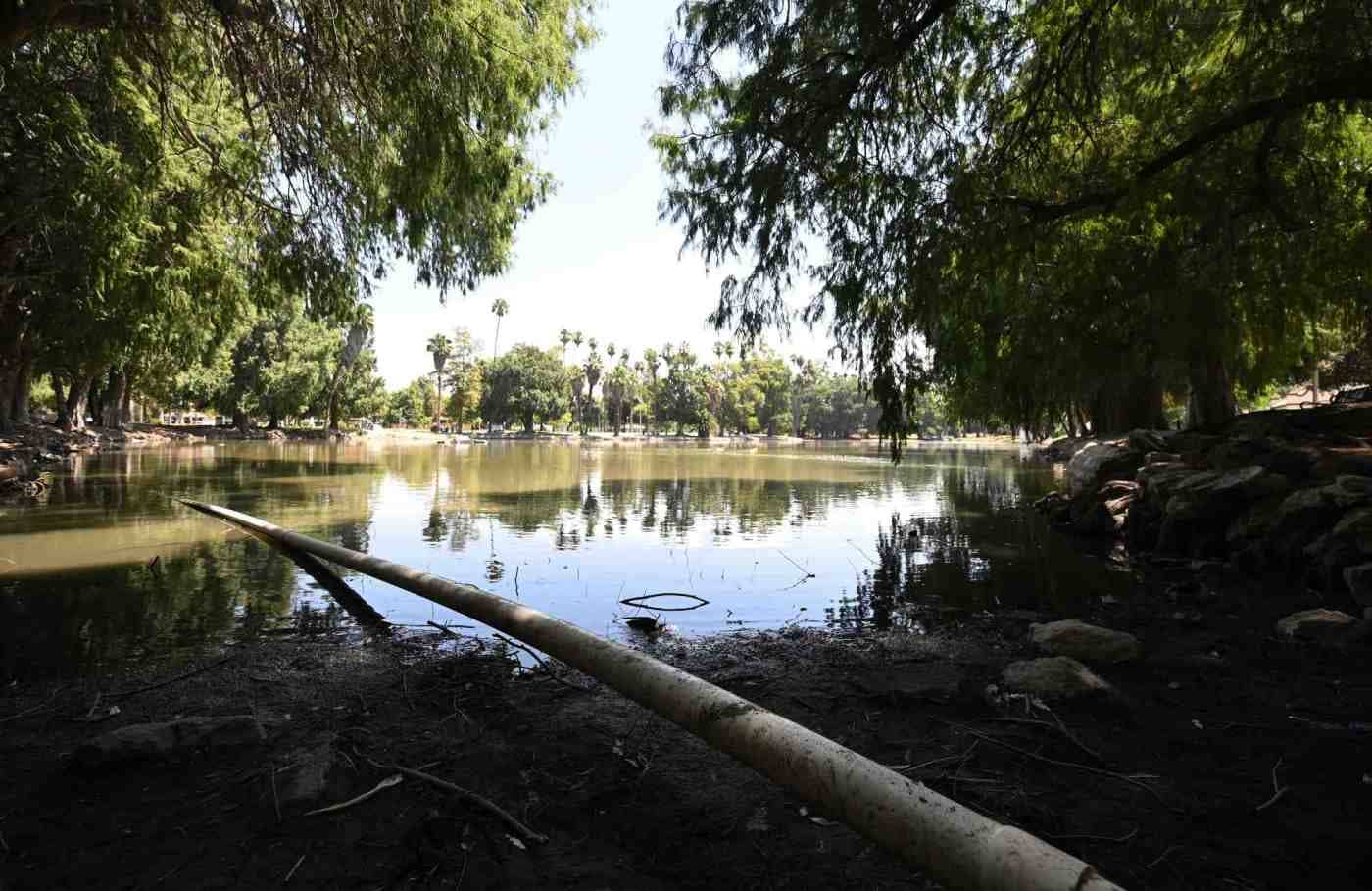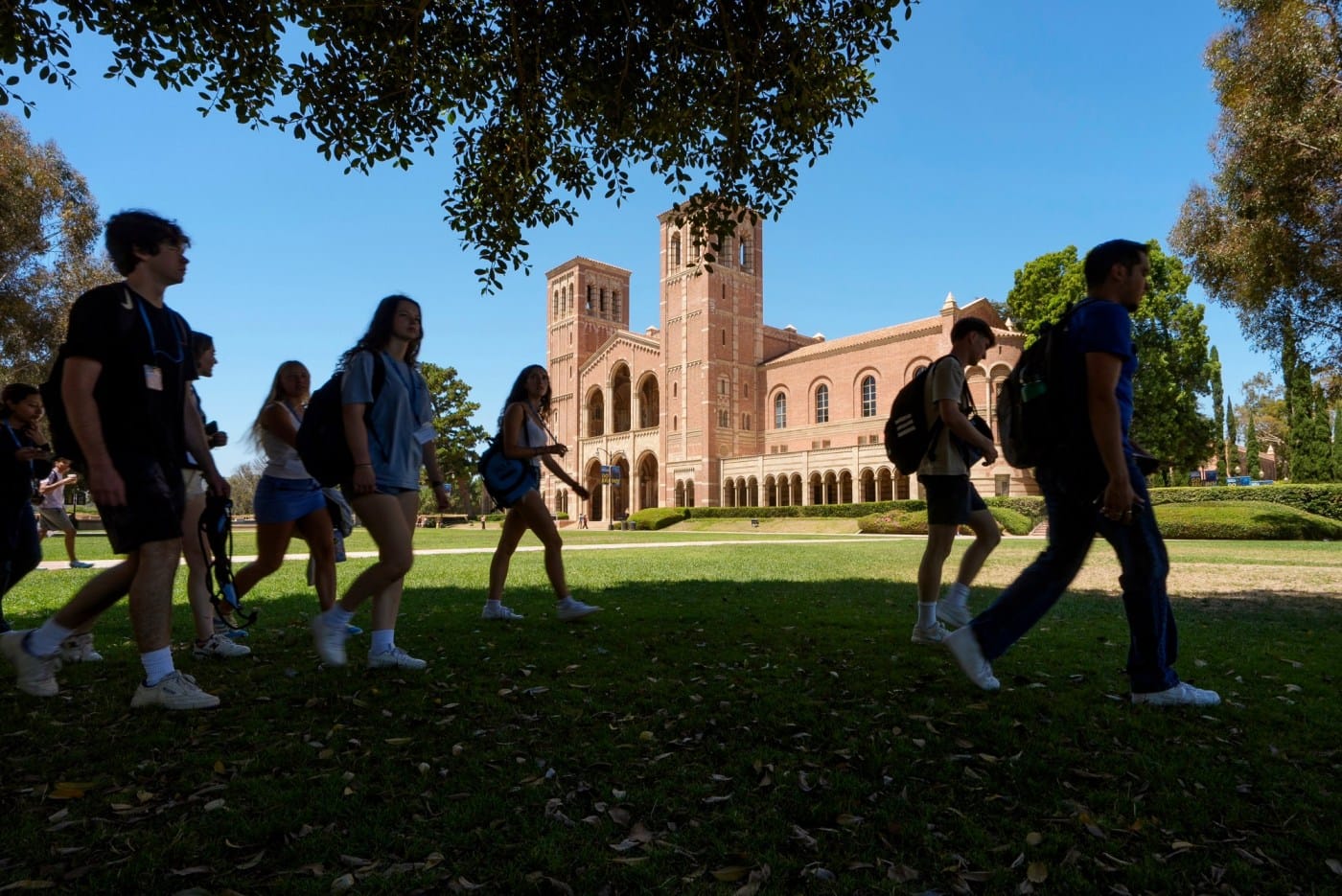Tests show avian botulism caused the death of dozens of ducks at Fairmount Park in Riverside, city officials said this week.
Low levels of algae blooms were found in the lakes at the Riverside park at the beginning of the month.
A pump went down in mid-July that “caused the lowering of the lakes’ water level,” said Anthony Zamora, deputy director at the Riverside Parks Recreation Community Services Department in a video call on Tuesday, Aug. 13.
“Since then, it’s fully operational now. The water level is where it needs to be and we have water circulating the way it should,” Zamora said.
Related links
Riverside investigates why dozens of ducks have died at Fairmount Park
Riverside finds algae bloom in Fairmount Park lake, still investigating cause of duck deaths
Botulism occurs from bacteria found in soil. In water, high temperatures, excessive plants and a low oxygen level can lead to its occurrence, according to the United States Geological Survey. When birds eat from the vegetation, they can become sick — affecting an animal’s nervous system and sometimes causing death.
Botulism outbreaks in birds is usually a low health risk to people, according to the United States Geological Survey.
Two duck necropsies were performed and avian botulism type C was found.
No dead ducks have been found in nearly three weeks, Zamora said.
The low water levels and high temperatures created the environment for avian botulism. The ducks may have been consuming the algae bloom or decaying plant matter.
A similar outbreak at the lake in 2011 was believed to have been caused by avian botulism.
Related Articles
Some Inland Empire animal shelters participating in ‘clear the shelters’ month
Jogger fleeing bear in Sierra Nevada foothills ends up atop stranger’s SUV
25 loose Great Danes captured near where California walker was fatally mauled
Juvenile whale measuring 51 feet dies near Torrance Beach
An enthusiastic welcome for San Diego Zoo’s giant pandas. ‘It’s worth the wait.’
“In the next couple weeks, everything should be back to where it was before this occurred,” said city spokesperson Phil Pitchford Tuesday.
RPW Services is supposed to treat the water with F30 and Tribune, two chemicals used to attack and rid the lake waters of algae.



